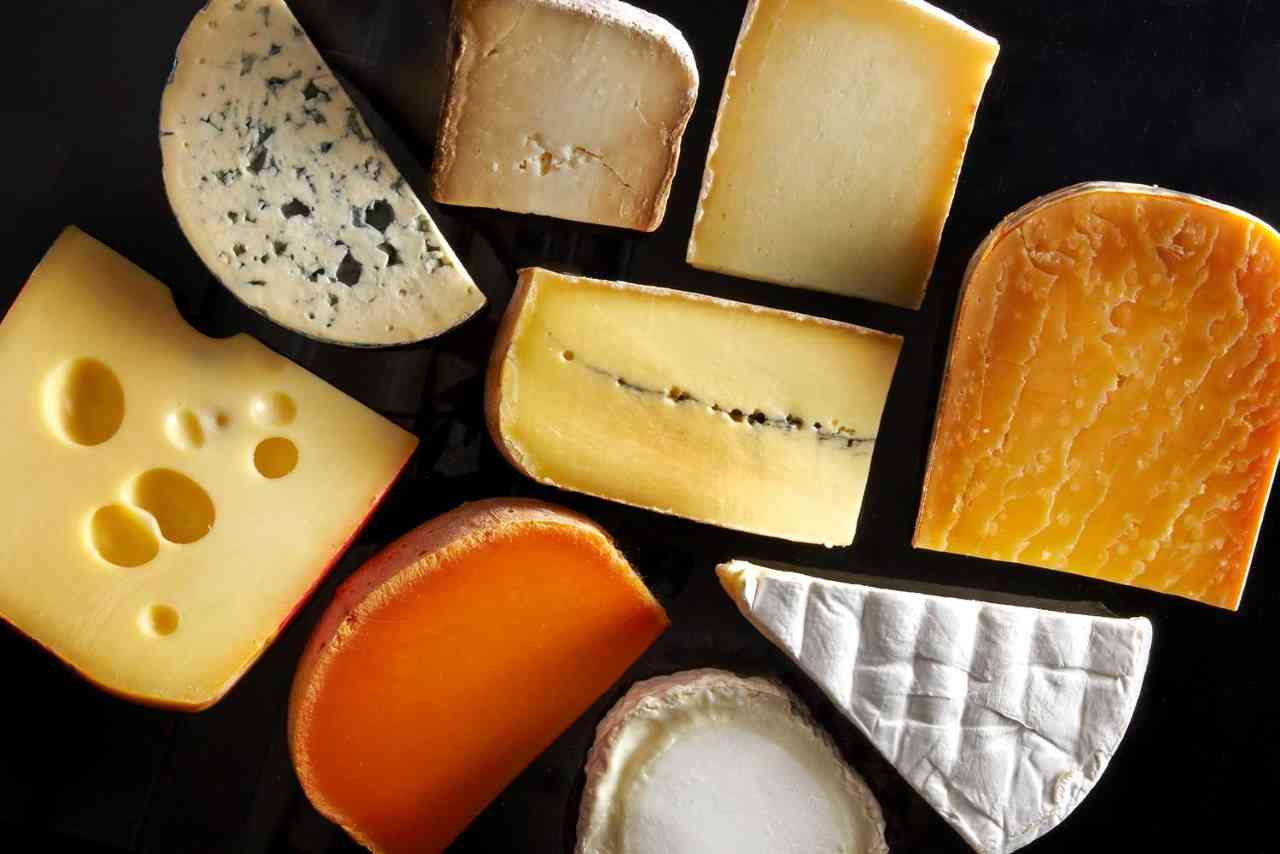In recent years, the changed consumer habits have presented an ever greater tendency towards the search for foods with little variety or, even better, not subjected to treatments, as they are considered able to bring greater nutritional and health benefits.
This phenomenon has also affected the dairy sector leading it to donate increasingly fresh products and raw milk or products with typical processes. These cheeses are the result of production processes that ensure the preservation of the native microbial flora of the milk, not being subjected to even a thermal recovery process as happens in the opposite case by pasteurizing the milk.
It has been known for a long time that raw milk and raw milk-based products, i.e. products obtained without undergoing a pasteurization heat treatment, are a possible risk of transmitting pathogens to humans.
Don’t eat these cheeses! unbelievable, here are which ones contain bacteria
The microbiological hazards present in raw milk can be eliminated by heat treatment of pasteurization of the milk. The treatment after pasteurization, as limited by the EC Reg 853/2004, is obtained by heating the raw milk at a temperature of 72°C for 15 seconds, or that of 63°C for 30 minutes or again by processing it at a high temperature for an appropriate time to negativeize Alkaline Phosphatase (ALP).
Alkaline phosphatase is an enzyme naturally present in raw milk which is inactivated in slightly more drastic heat treatment situations than those required for the destruction of pathogenic bacteria, therefore its negativization safeguards the removal of the main vegetative forms of pathogenic bacteria.
Casu marzu, for example, is made from pecorino or goat cheese and its formation process takes place following the colonization of fly larvae. Casu marzu is also called by other names depending on the regions of Sardinia, and it is a dangerous cheese due to the ease of being attacked by the bacteria mentioned above. Last mention for Raschera which, although it is not as dangerous as io casu marzu, must still be very careful when consuming it.
